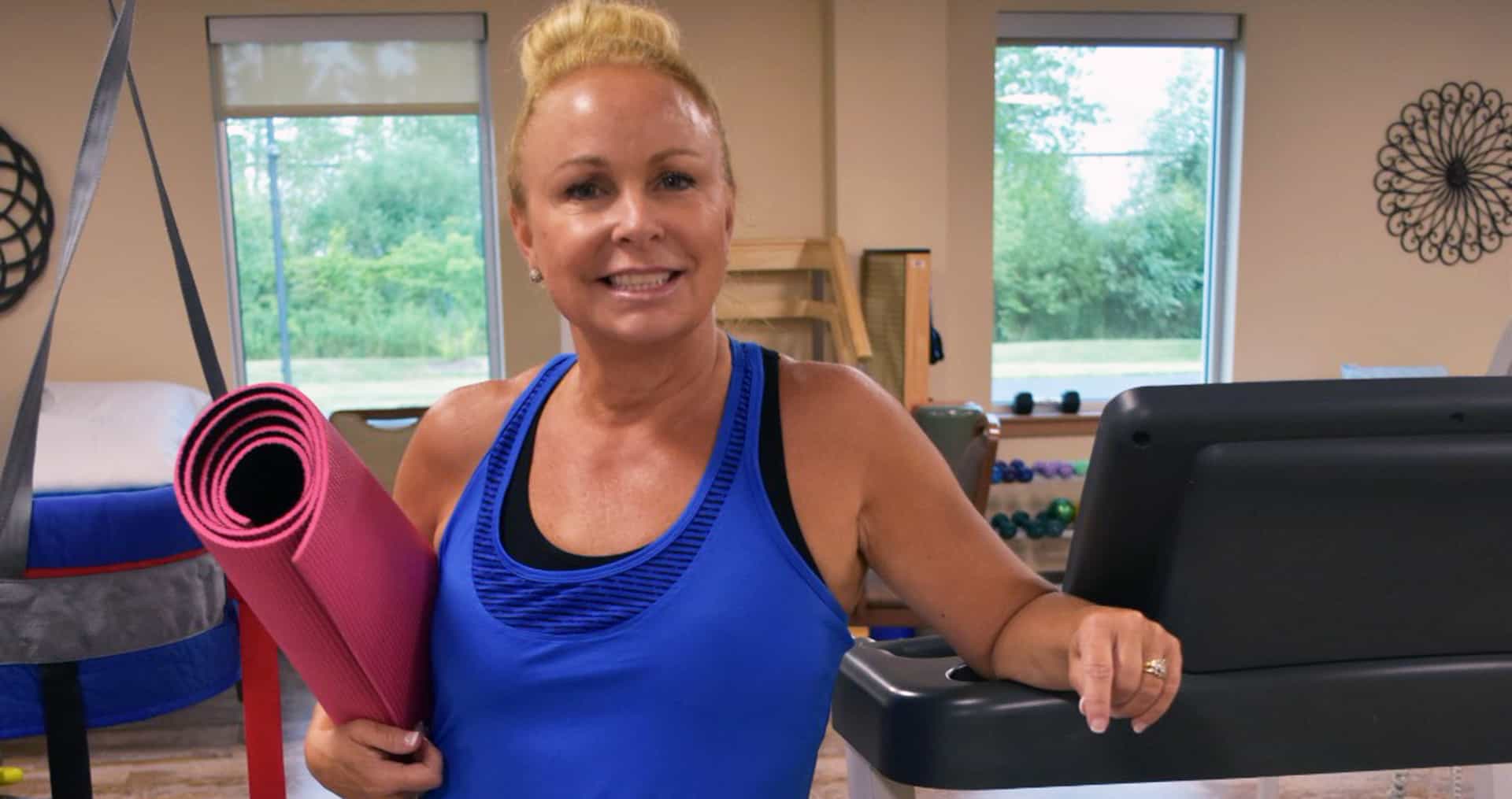Balance and Well-Being Lead to Personal, Professional, and Business Success
I’ve been busy over the past few months preparing for a post-conference workshop at the National Health & Well-Being Conference in Boston. My workshop covers a topic that has become a priority for me: addressing the concept of “work-life balance” and helping people achieve overall well-being – for their employees and for themselves.
If you’ve been following the blog for a while, you’ll recall I included a few key steps in my post “New Year Resolution: Work-Life Balance.” In light of the conference tomorrow, I want to give you a preview of how a focus on balance and well-being can lead to personal, professional and business success.
Personal Success
If you’re like me, you spend a lot of your time doing things for other people – responding to emails after hours, staying late, working overtime, doing everything you can to provide the best life for your kids, the list goes on. In the process, we get so focused on everyone else’s needs that we lose our own. What happens when our time and energy are depleted and our needs are neglected? Nothing gets done at the level of our best ability, and personal success becomes almost impossible to achieve. Self-care needs to be a priority if we want to succeed.
Professional Success
We often think about the stress that spills over from work into our personal time, but personal stress affects our professional work, too. Let me give you an example. If you’re a working mom, your life probably revolves around childcare. If you have a sick child, can’t afford diapers, etc., then you have to stay home with your child and miss a day of work. We only want the best for our children, and that sometimes leads to a conflict with our professional work. But taking time to understand – and address – the underlying causes of our stressors can help to mitigate, if not eliminate, these situations. In turn, this leads to us bringing our “best self” to work and it opens up myriad opportunities.
Business Success
When you’ve established balance and well-being as a priority – and you’re a manager or a leader at work – you have an opportunity to help other employees with their own balance and well-being. Many of you know my approach to this is pragmatic altruism. Pragmatic altruism believes there is almost always a solution to the problem that benefits every party involved, and that working with the common good in mind returns both business success and personal rewards.
Translation: I implement programs and policies that help my employees with their own work-life balance. I won’t go into details here, but you can read about how one example, a diaper bank, has alleviated stress for employees in a previous blog post – “Make a Difference for Your Employees.”
The bottom line is this: if you make a conscious effort to improve your own balance and well-being, then your personal and professional lives will be positively impacted. Take it one step further and you can make a significant impact in the lives of your employees and the overall success of your organization, too.

